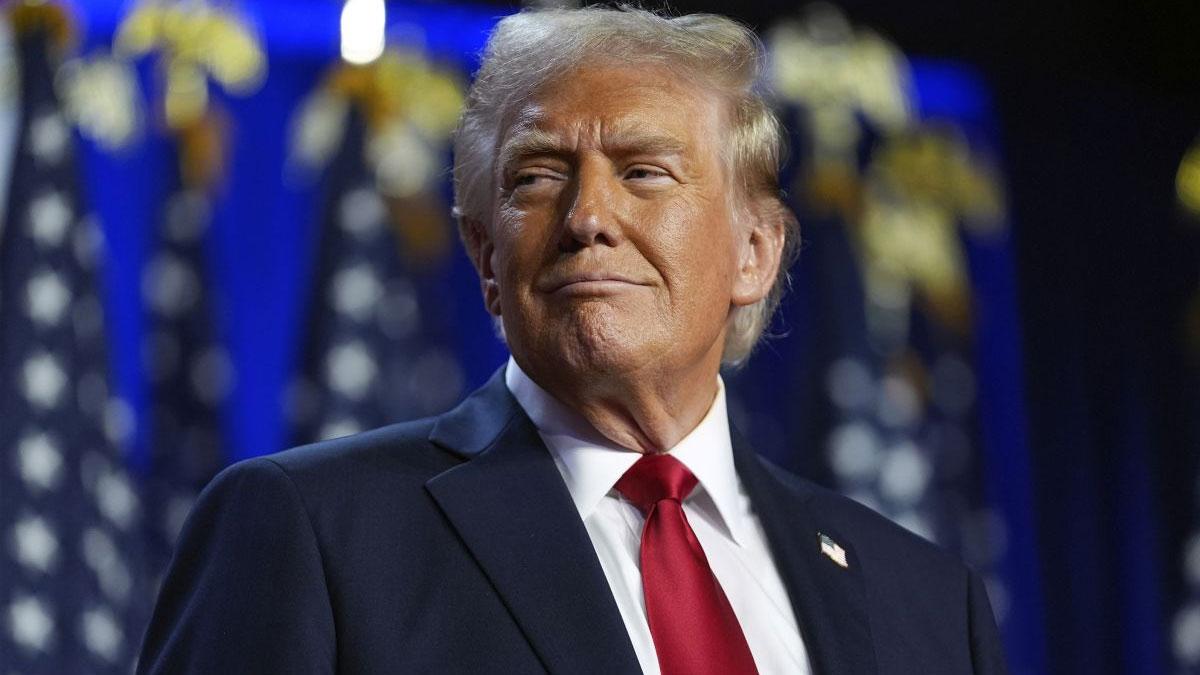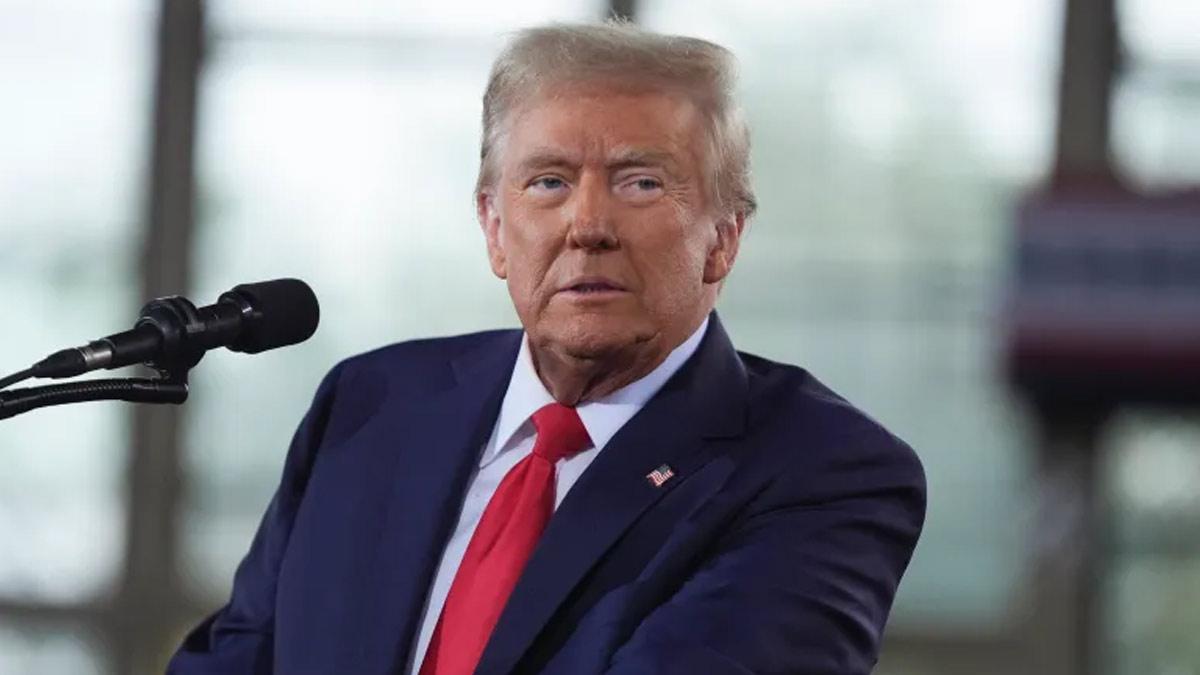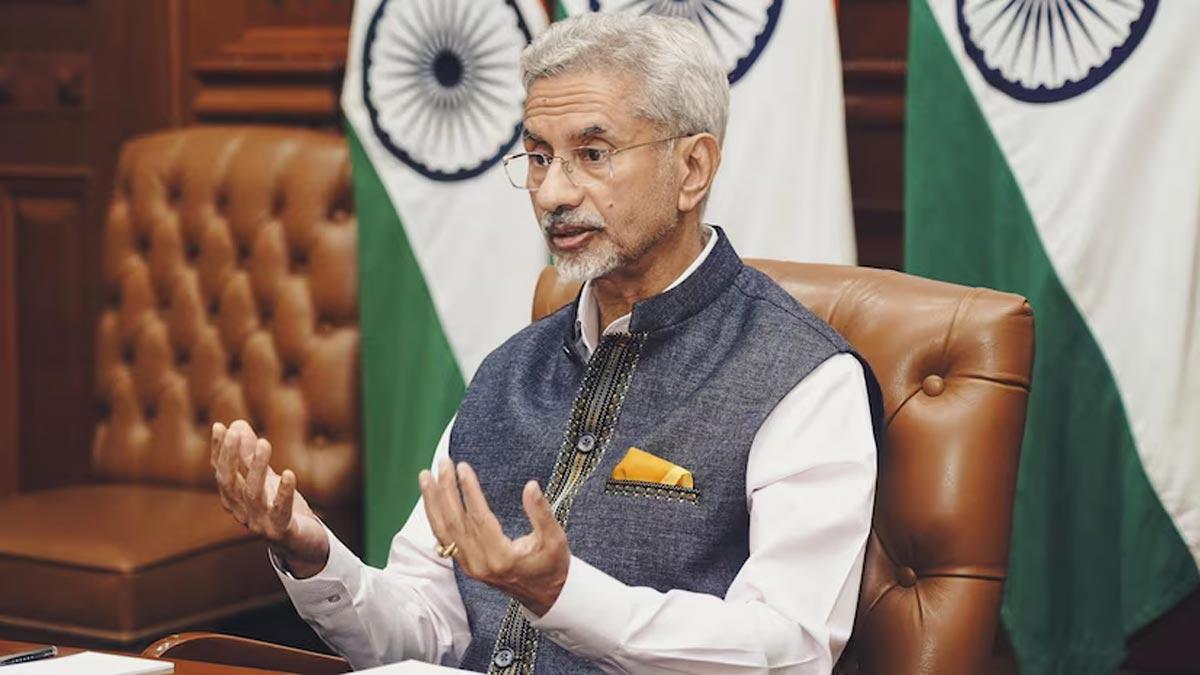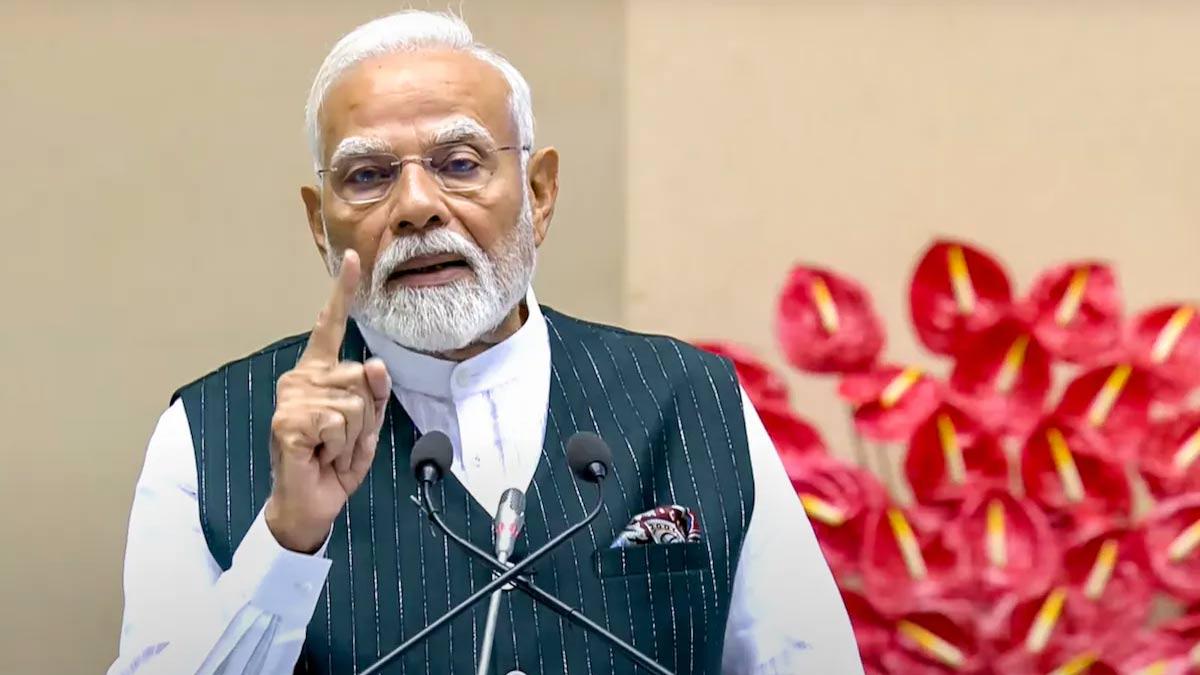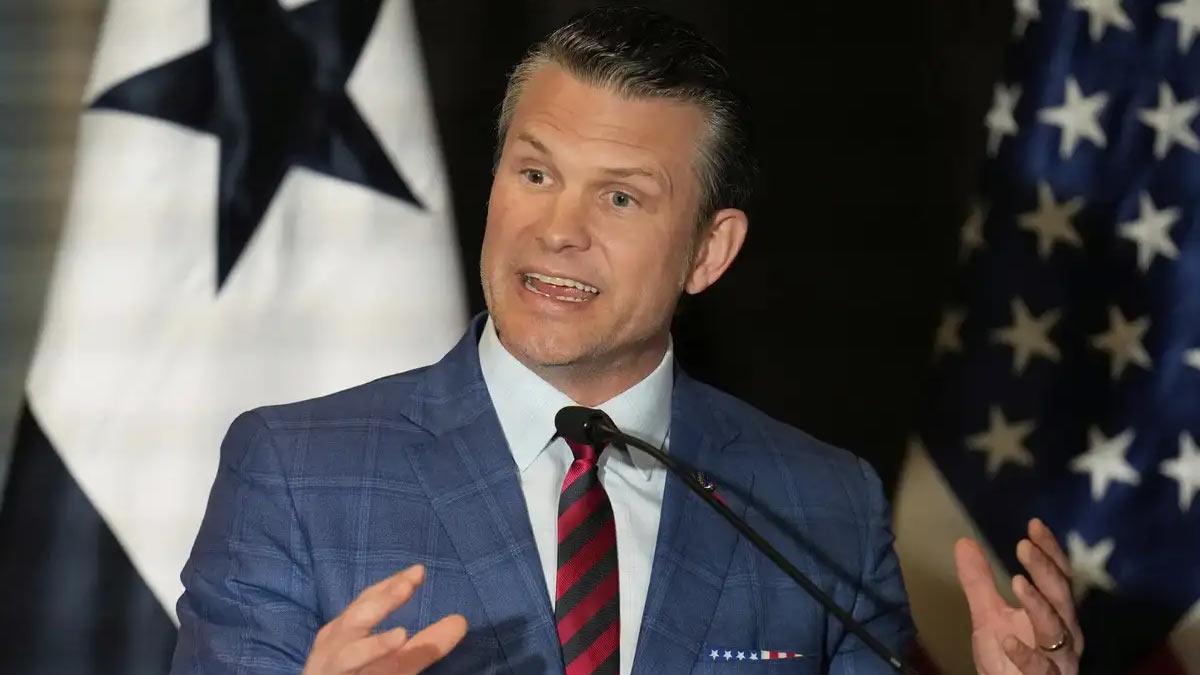In his recent interview, American President Donald Trump indicated that though there are no tangible "plans" under which he would continue to be in office for more than a second term, there are "means" by which it is possible.
Appearing on NBC's Meet the Press on Sunday, Trump was queried if he was serious about discovering a means to serve more than the constitutional two terms—a subject he has previously raised, sometimes stating he was only joking.
"There are ways you could do it," Trump explained to host Kristen Welker, making it plain this time that he wasn't joking.
"Well, there are plans… No, not plans. There are methods," he declared.
Welker mentioned a contentious hypothesis floated by some of Trump's allies, which is that he might return to the White House as the vice-presidential nominee of J.D. Vance—or another nominated candidate—in 2028. According to that scenario, if the presidential candidate were elected and then resigned after being sworn into office, Trump would be able to take the presidency through the order of succession.
The rationale is founded upon an interpretation of the 22nd Amendment that bars any person from being elected president more than twice but fails to specifically bar a person from taking the office through succession.
But legal commentators have overwhelmingly rejected this theory. Notre Dame law professor of election law Derek Muller noted that the 12th Amendment declares that "no person constitutionally ineligible to the office of president shall be eligible to that of vice president of the United States." According to this reasoning, if Trump is disqualified from running for president again under the 22nd Amendment, then he would also be disqualified from running for vice president.
"There's no 'one weird trick' that evades presidential term limits," Muller said.
In spite of this, Welker asked Trump if Vance or some other vice-presidential candidate could just "pass the baton" to him.
Trump replied, "Well, that's one way."
"But there are others too," he said, declining to comment further when asked for specifics.
While insisting it was “far too early to think about” bypassing constitutional limits, Trump also made it clear he enjoyed the job, saying, “I like working.” When asked directly if he was joking, he replied, “No, no, I’m not joking.”
Trump’s “King” Remark Fuels Controversy
Trump's latest tweets follow on the heels of the fact that he once already used the moniker "king" on Twitter. In February, after signing the executive order that blocked New York City's congestion pricing plan, he declared in Truth Social:
"CONGESTION PRICING IS DEAD. Manhattan, and all of New York, is SAVED. LONG LIVE THE KING!"
The White House subsequently escalated his remark by posting a digitally altered photo of Trump smiling on a mock Time magazine cover, wearing a golden crown, with New York's skyline behind him.
Republican Lawmaker Calls for a Three-Term Presidency
Trump's allies have suggested several plans to prolong his term, such as a bill brought before Congress in January by Republican Rep. Andy Ogles of Tennessee. His bill proposed changing the Constitution to grant a third term—but only for presidents who have not served two successive terms.
If implemented, the amendment would bar two-term presidents like Barack Obama, George W. Bush, and Bill Clinton from running for a third term. Trump, though, who was in office from 2017 to 2021, lost in 2020 to Joe Biden, and won again in 2024, would be eligible.
Despite this push, Trump’s own party is not fully united on the issue. Following his “king” remarks in February, Republican Senator Markwayne Mullin of Oklahoma publicly opposed the idea of an unconstitutional third term.
“I’m not changing the Constitution—unless the American people choose to do that,” Mullin told NBC.
The Challenge of Changing the Constitution
Changing presidential term limits would need to be highly politicized: a two-thirds majority in the House and Senate, and ratification by three-quarters of the state legislatures. With today's political situation, Trump's base does not have the political clout to make such a move through conventional democratic means.
The 22nd Amendment that restricts presidents to two terms was ratified in 1951 following Franklin D. Roosevelt's four elections to the presidency and his service from 1933 until his death in 1945 during World War II.
Although Trump's remarks have been controversial, political and legal impediments render any effort at a third term improbable—at least by traditional means.
Read also| Trade Issues with India Will 'Work Out Very Well,' Says Trump

